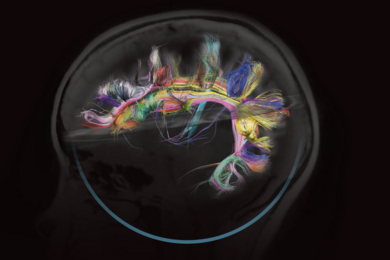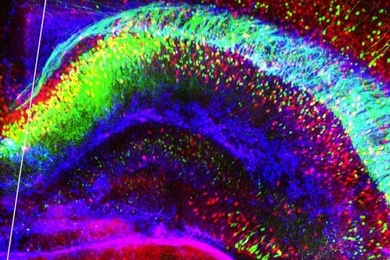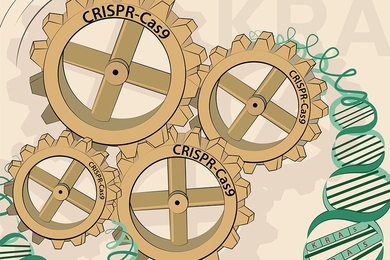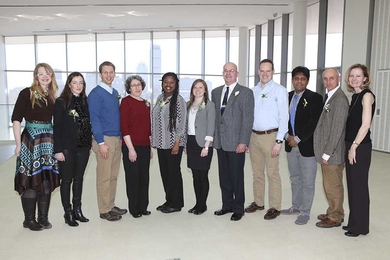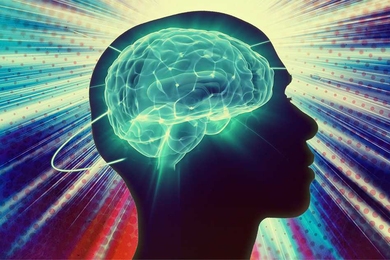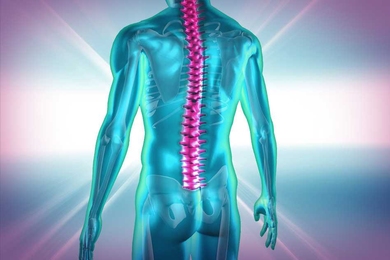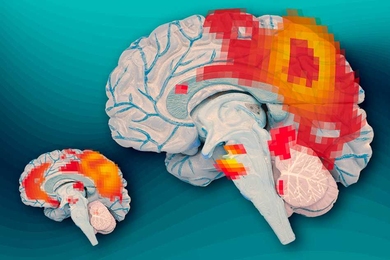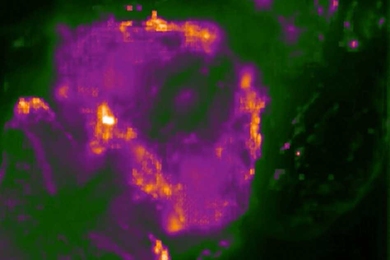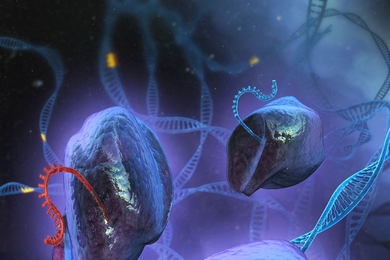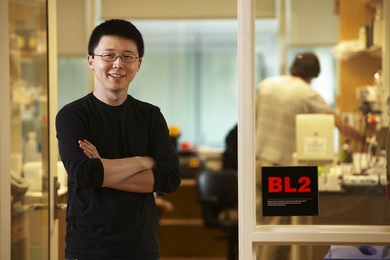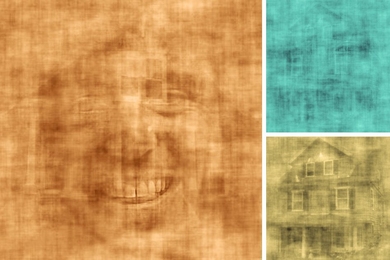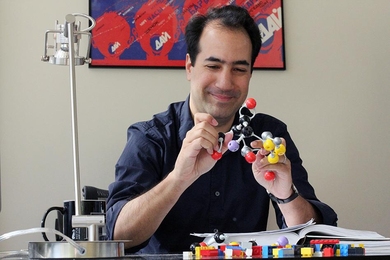McGovern Institute
Picower and MIT scientists awarded BRAIN Initiative grants
Researchers will advance our understanding of the human mind and discover new ways to treat, prevent, and cure neurological disorders.
Researchers engineer new mouse model to study disease
Time-saving tool takes advantage of CRISPR gene-editing technology.
Neuroscientists identify key role of language gene
Mutation that arose long ago may be key to humans’ unique ability to produce and understand speech.
Try, try again? Study says no
Neuroscientists find that trying harder makes it more difficult to learn some aspects of language.
Controlling movement with light
MIT neuroscientists inhibit muscle contractions by shining light on spinal cord neurons.
When good people do bad things
Being in a group makes some people lose touch with their personal moral beliefs, researchers find.
Inside the adult ADHD brain
Brain scans differentiate adults who have recovered from childhood ADHD and those whose difficulties linger.
Illuminating neuron activity in 3-D
New technique allows scientists to monitor the entire nervous system of a small worm.
Feng Zhang wins NSF's Alan T. Waterman Award
Waterman Award is NSF's highest honor recognizing an outstanding researcher under the age of 35.
How the brain pays attention
Neuroscientists identify a brain circuit that’s key to shifting our focus from one object to another.
MRI reveals genetic activity
New MIT technique could help decipher genes’ roles in learning and memory.
